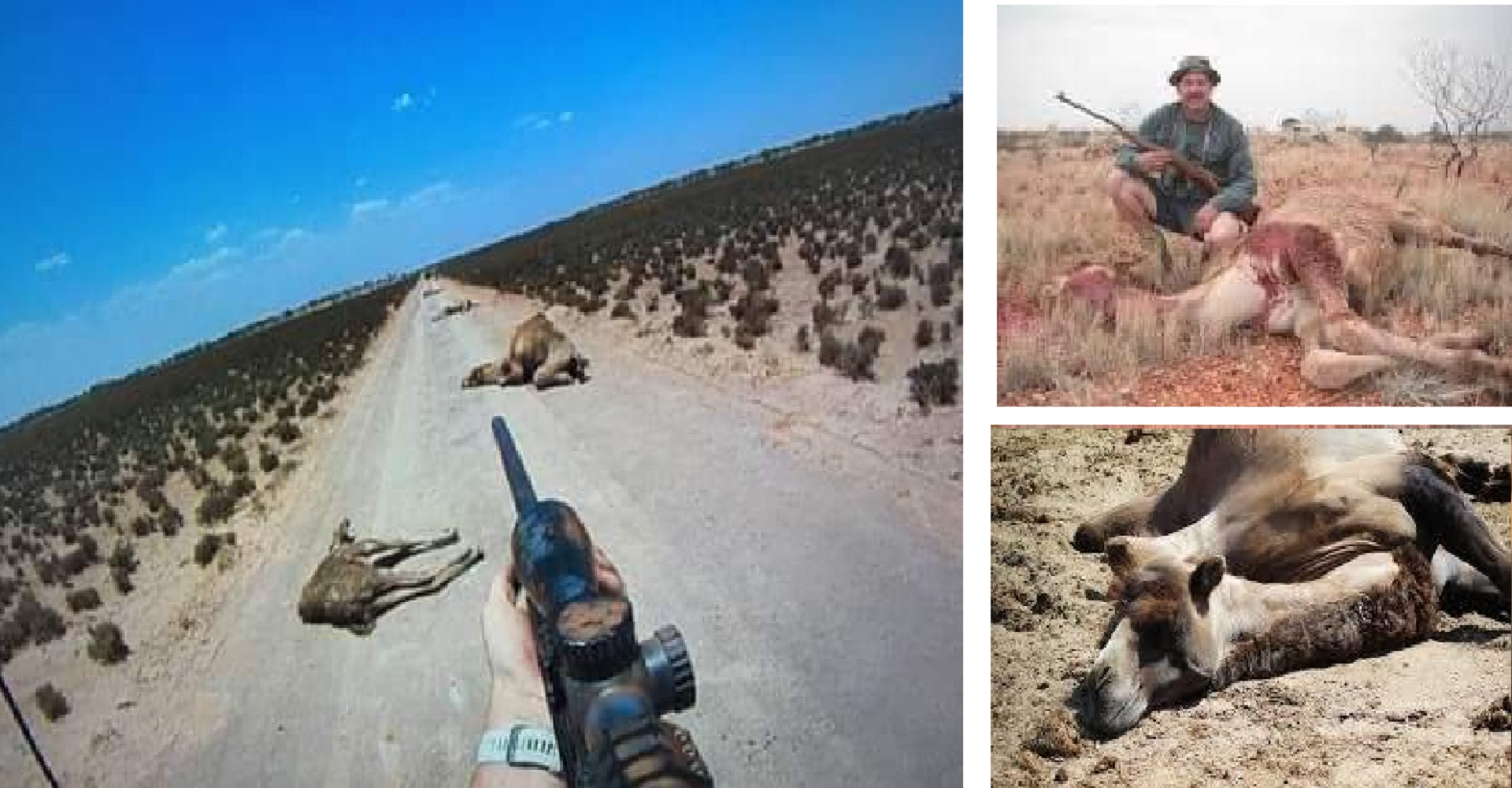Open Season
On Wednesday, the Australian government began its plan to shoot 10,000 camels over five days.
The fire-ravaged continent’s large camel population has grown increasingly desperate in the face of dwindling water supplies, according to The Indian Express. In their search for new water, the camels reportedly threatened aboriginal communities and damaged local infrastructure, prompting the government to commission snipers to gun the camels down from helicopters — a gloomy illustration of the ongoing wildfires’ devastating impact.
Population Control
A press release shared by the local government justified the cull by arguing that camels encroaching on communities pose a safety hazard.
“We have been in stinking hot and uncomfortable conditions, feeling unwell,” APY Executive Board member Marita Baker said in the release, “because all the camels are coming in and knocking down fences, getting in around the houses and trying to get to water through air-conditioners.”
“They are roaming the streets looking for water,” she added.
Rapid Growth
Camels are an invasive species in Australia, according to The Indian Express. The wild camel population — likely the world’s largest at over a million strong — was introduced in the middle of the 19th century and can double every nine or so years.
Thousands of animals gunned down as they struggle to survive is a grisly image. But as the camels destroy cultural sites and contaminate water supplies, the cull might provide momentary relief to local communities.
futurism.com / balkantimes.press
Napomena o autorskim pravima: Dozvoljeno preuzimanje sadržaja isključivo uz navođenje linka prema stranici našeg portala sa koje je sadržaj preuzet. Stavovi izraženi u ovom tekstu autorovi su i ne odražavaju nužno uredničku politiku The Balkantimes Press.
Copyright Notice: It is allowed to download the content only by providing a link to the page of our portal from which the content was downloaded. The views expressed in this text are those of the authors and do not necessarily reflect the editorial policies of The Balkantimes Press.

